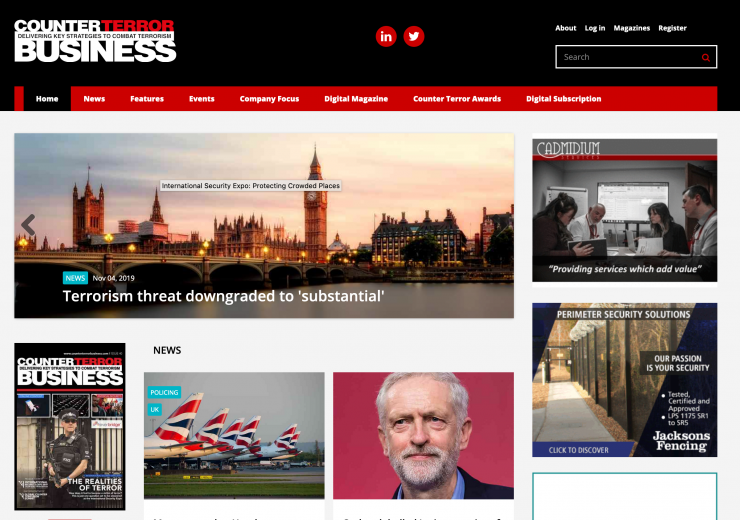
Defending our realm is not just a job for MI5 and the police
416 years ago today the ‘Gunpowder Plot’ to blow up the House of Lords was disrupted, accredited to an anonymous letter sent to the authorities.
Centuries later, the provision of information to the police and MI5 is critical in detecting and disrupting terrorism and other security risks. Explosive devices endure as a serious threat, although recent terrorist attacks have often involved less sophisticated weapons to cause casualties. Preventing such attacks and casualties is a key objective of the pending Protect Duty, arguably the most significant change to security in recent years.
With government consultation on the new legislation now closed and civil servants considering the components of the Duty, businesses should not wait for statutory regulation to take steps to protect their buildings, other assets, and people from terrorism. Counter terrorism measures will also benefit a business’s overall resilience by impacting the intent and capability of hostile actors and reducing the business’s vulnerability to the acts they seek to undertake. Three simple steps can help businesses, staff and visitors keep safe, now.
1. Train well.
Make best use of the freely available counter terrorism information and training, particularly ACT e-learning and the PROTECT UK app. This will help staff know more about terrorism, identify security vulnerabilities, suspicious behaviours and how to respond to an attack. Terrorism is a foreseeable health and safety risk, consider the ACT e-learning in your mandatory health and safety training for staff. The training can be completed in modules and the whole course takes around 45 minutes to complete. Less than an hour’s training could help save lives.
2. Identify and manage risk.
Consider a terrorist attack in your risk management process. In your risk register focus on mitigations that can reduce the probability of an attack happening, as well as those controls to minimise the impact it could have on your business. Understand the limitations of your controls, such as any blind spots in CCTV coverage and assess if further mitigations are required to reduce the vulnerability. The police provide free guidance, scalable to businesses of varying sizes, to help risk management.
3. Have a plan and test it.
Have a plan for what you’ll do in the event of an attack and practice it. The government provide free guidance, again scalable to your business needs. The first time you test your plan should not be in response to an attack. If you currently have a schedule of fire alarm and evacuation tests, consider implementing a scheme to practice your response to a terrorist attack too.
Defending our realm is not just a job for MI5 and the police. The festive season is traditionally a time of heightened risk, with the police and MI5 tracking an increased number of threats, with information of varying credibility, thus making assessments difficult. Staff, visitors, and the public should have the confidence to report any concerns or suspicious behaviours to the authorities, as their information could be vital to investigations. Concerns can be reported in several ways, detailed on the Action Counters Terrorism website. Working together we can help our businesses, staff and visitors stay safe from those who seek us harm.
Written by Andrew Donaldson CSyP MSyl, head of Security for Real Estate Management (UK) Limited and former government counter terrorism official.


















